Pilly’s story
Pilly took part in our Business Women programme in Tanzania.

The project has helped me so much – for the first time bankers came to us, and I was able to open my bank account and access a loan. I also learnt so many business skills, such as how to prepare my accounts and bookkeeping.
Shouldn’t access to financial services be a right for any woman or man, the world over? Remarkably, approximately half of our global population are without basic banking services, representing 45% of men and 53% of women. In developing and emerging economies this rises to nearly 60% of the adult population.
For Pilly Kafuye, access to financial services matters a lot. Pilly started her enterprise just five years ago, making and selling hand-woven cotton handbags and accessories in Dar es Salaam. When she lost her husband, she needed to earn an income to provide for her family, and so she transformed what was once a hobby into a profession. It was when she wanted to scale her business that she sought out support from our project in partnership with the Tanzania Gatsby Trust. She explained, “The project has helped me so much – for the first time bankers came to us, and I was able to open my bank account and access a loan. I also learnt so many business skills, such as how to prepare my accounts and bookkeeping.”
Pilly is amongst the 5% of women with bank accounts in Tanzania. Although 95% of all businesses are small in scale, they contribute to about 35% of the country’s GDP and generate approximately 40% of total employment.
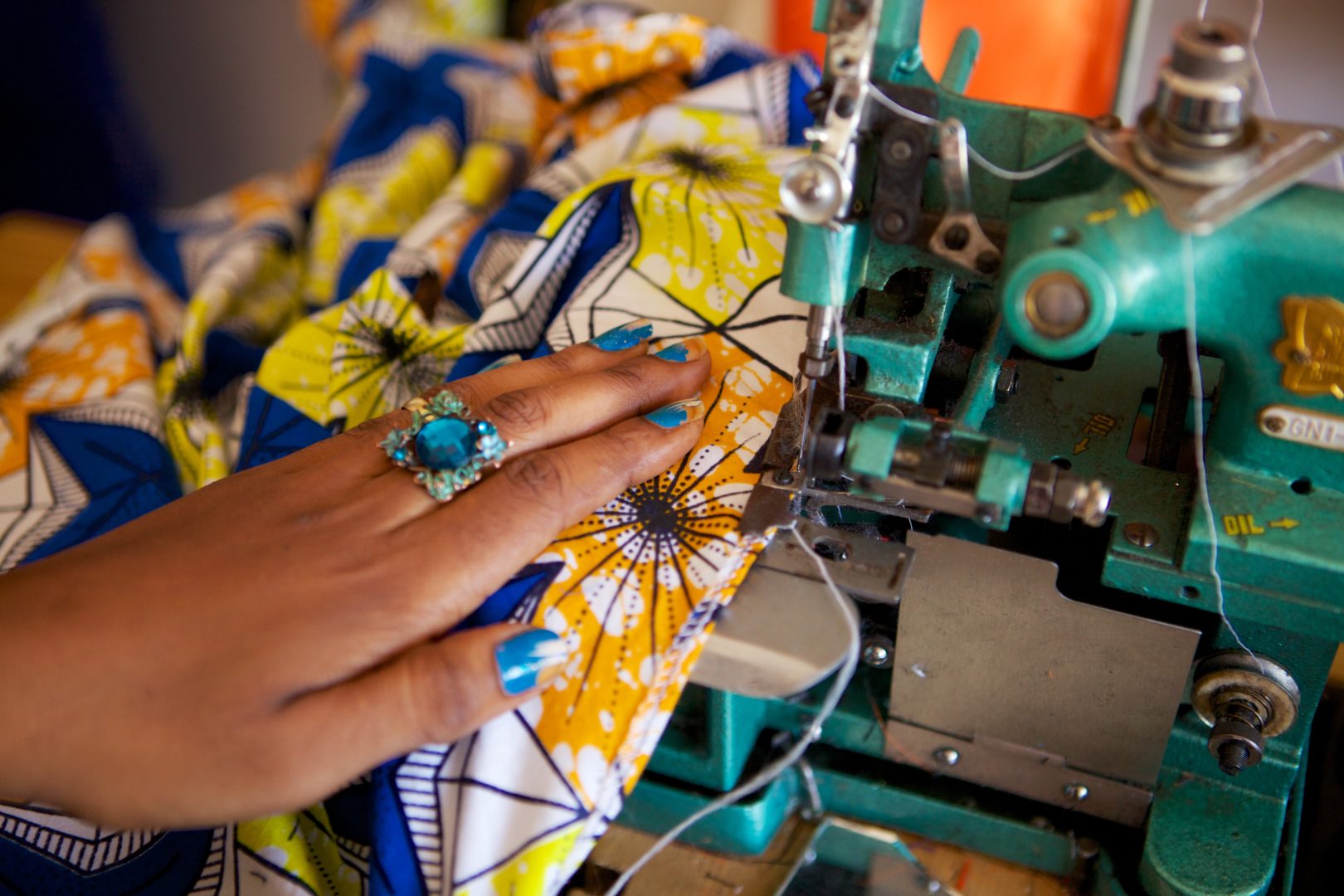
So doesn’t it make sense for banks and other financial services to reach out to customers such as Pilly Kafuye? This would give them the chance to start a savings account, develop financial independence and a credit history that may benefit them in setting up a business or for managing their day-to-day resources.
Recognising the inequality in financial services for women in developing and emerging economies, the High Level Panel for the Post-2015 Development Agenda has included a dedicated target in its report for ensuring equal rights for women to open a bank account. This target also encompasses women’s equal right to inherit property, recognising the link between asset ownership and financial independence.
Factors such as a lack of asset ownership, inheritance rights, the cost and distance to the service can prevent women from opening an account or using a financial service. A lack of confidence and fear of intimidation or harassment can also put women off from entering a bank or financial institute in the first place. Microfinance initiatives can help bridge this gap by providing savings and loans services at the community level. But there are a number of women who remain underserved as they look to grow their enterprises beyond the micro level and access more than $10,000.
With our partners, the Tanzania Gatsby Trust and ExxonMobil Foundation, we are bridging this gap as part of the Cherie Blair Foundation for Women’s Enterprise Development Programme. We connect women entrepreneurs who want to scale their business with the local banks who offer financial products that are tailored to women’s needs and aspirations. Banks such as the Women’s Tanzania Bank, offer savings and loans of $10,000 and more, combined with financial advice. The banks see these women as an untapped market that can bring profit and new customers to their company. The model is working well and there are many similar examples across the world, such as the Women Empowerment Initiative at the BLC Bank in Lebanon. We can also see that technology enabled models to access financial services have huge potential to open so many opportunities for women and men, whether via mobile or online.
Supporting small businesses like Pilly’s to access a wide range of financial services not only makes a huge difference to the financial autonomy of women and growth of businesses. It also brings benefits to Pilly’s household and economy. Banks like the Tanzania Women’s Bank and BLC Bank are leading the way by increasing the availability of financial services tailored to women’s needs, and offering a viable model for other financial institutes to follow. With the High Level Panel for the Post-2015 Development Agenda rightly calling for equal access to financial services for women and men, isn’t it timely for other banks to follow suit?
Find out more about the Business Women programme in Tanzania
In Tanzania, many women struggle to access vital resources, such as land and credit, as well as education and economic opportunities. The Foundation worked in Tanzania between 2012-2016, providing over 260 women entrepreneurs with services and training on a range of vital skills, including business registration and rights awareness.
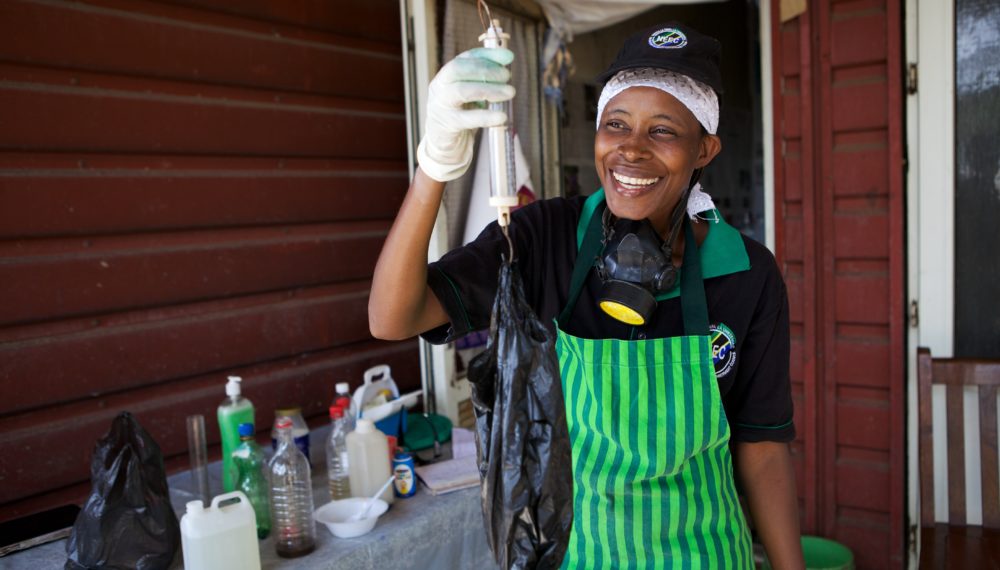
Discover more women entrepreneurs' stories:
-
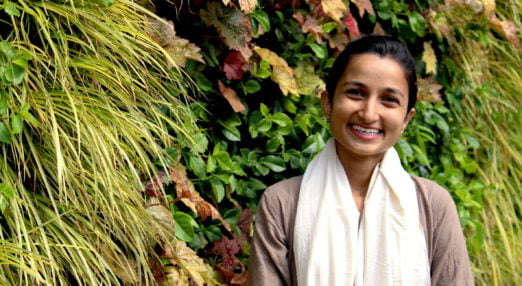
Medha’s story
How a woman entrepreneur in India adapted her clothing brand to the challenges of COVID-19.
Read more
-
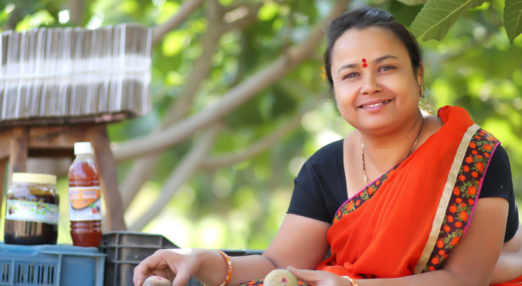
Neeta’s story
Driven by a desire to put her education to good use, Neeta launched a community-run initiative making and selling jam. She joined our Ekta programme, growing her knowledge of product marketing - and her sales!
Read more
-
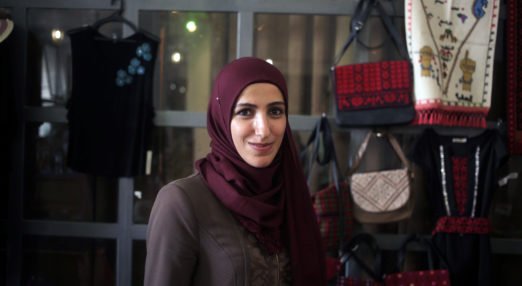
Stories from women entrepreneurs in the West Bank
Amal, Huweida, Jameela and Manal took part in the Advancing Palestinian Women Entrepreneurs programme in 2016.
Read more
